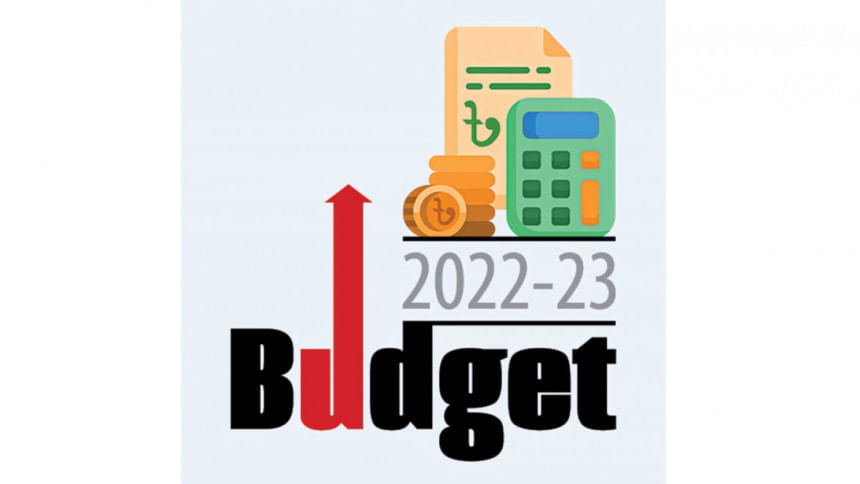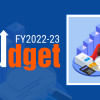Tax-free income limit likely to be unchanged

The government is likely to keep the tax-free income limit unchanged for fiscal year 2022-23 in order to expand the tax net, said officials of the finance ministry.
Tax rates and slabs may also remain unchanged for the next fiscal year.
This would be the third consecutive year that the tax authority is expected to keep tax-free income limit at Tk 300,000.
This means that an individual whose annual income is up to Tk 300,000 at the end of June this year will be free from paying any income tax. But they will have to file income tax returns as per the rule.
The move is likely to erode disposable income of individual taxpayers in lower income brackets and affect their purchasing capacity due to rising prices of essentials and cost of living. Inflation in Bangladesh hit 6.29 per cent in April, highest in 18 months.
Against the backdrop of rising prices, the Centre for Policy Dialogue (CPD) earlier suggested that tax-free threshold should be revised at least for individual taxpayers in lower income brackets.
In its recommendation for the next fiscal year's budget, it said the tax-free income threshold for personal income should be raised to Tk 350,000 in view of the added pressure of rising food inflation and income erosion caused by the pandemic.
The next slab for personal income tax, which is 5 per cent for an additional Tk 100,000, should be increased to Tk 300,000 to provide a cushion for middle-income earners, it added.
To increase tax collection and promote justice, the independent think-tank demanded the reinstatement of 30 per cent tax on the highest income slab from the existing 25 per cent.
The change which was made in the current fiscal year was against the cause of promoting tax justice, the CPD said.
Besides, corporate income tax may also remain unchanged in the next fiscal year except for the companies that do most of their transactions through banks.
The National Board of Revenue (NBR) considers placing a proposal to the parliament to cut corporate tax by 2.5 percentage points for firms that will do cashless transactions in most cases.
Companies will be able to do cash transaction up to a particular ceiling, said an official of the finance ministry.
This includes listed companies too.
If the measures are passed in parliament, the tax rate for non-listed companies that do cashless transactions will likely be 27.5 per cent in the next fiscal year. As such, listed firms may be able to pay 20 per cent tax on their incomes instead of 22.5 per cent.
One person companies, which are owned by a single individual, may also get relief as the tax rate may be cut by 2.5 percentage points from 22.5 per cent in the next fiscal year, according to officials.

 For all latest news, follow The Daily Star's Google News channel.
For all latest news, follow The Daily Star's Google News channel. 








Comments